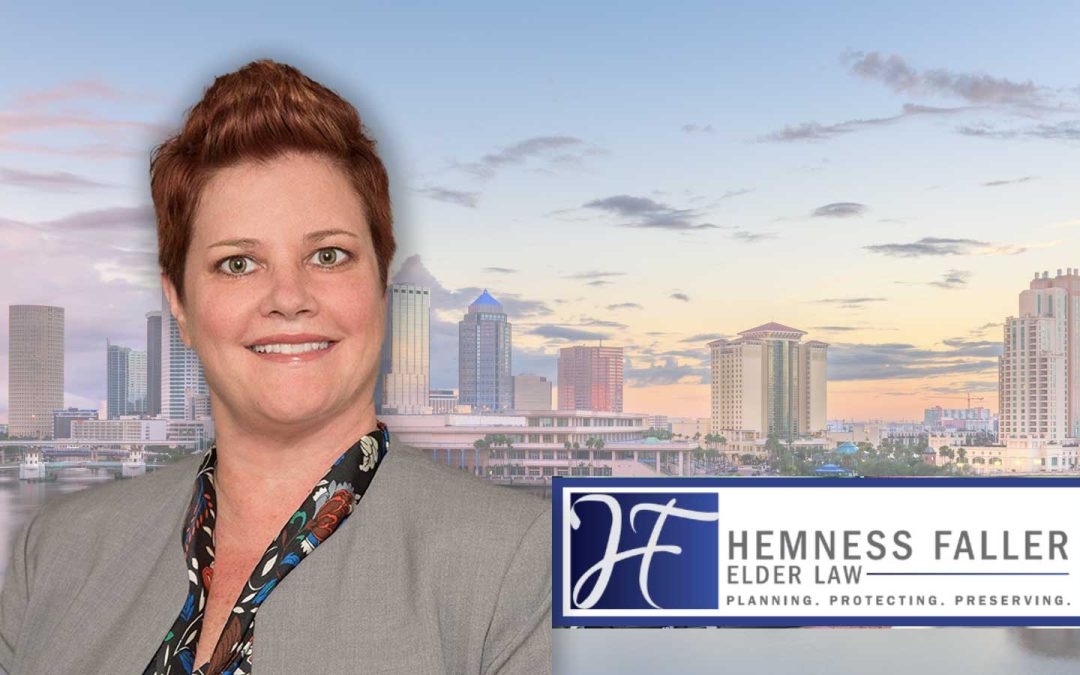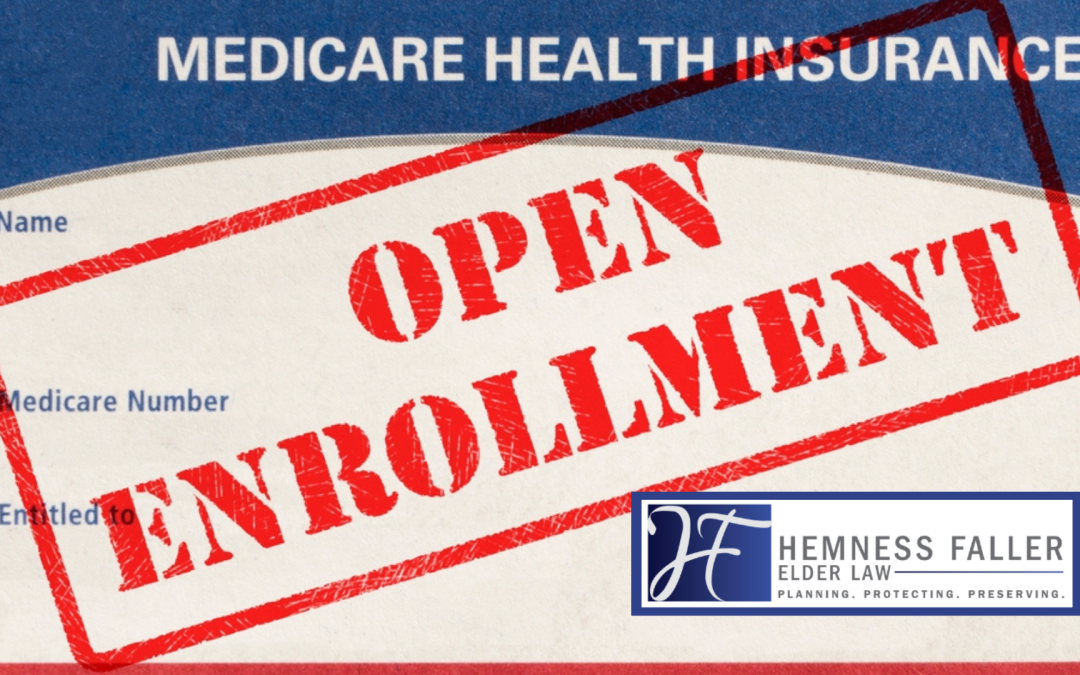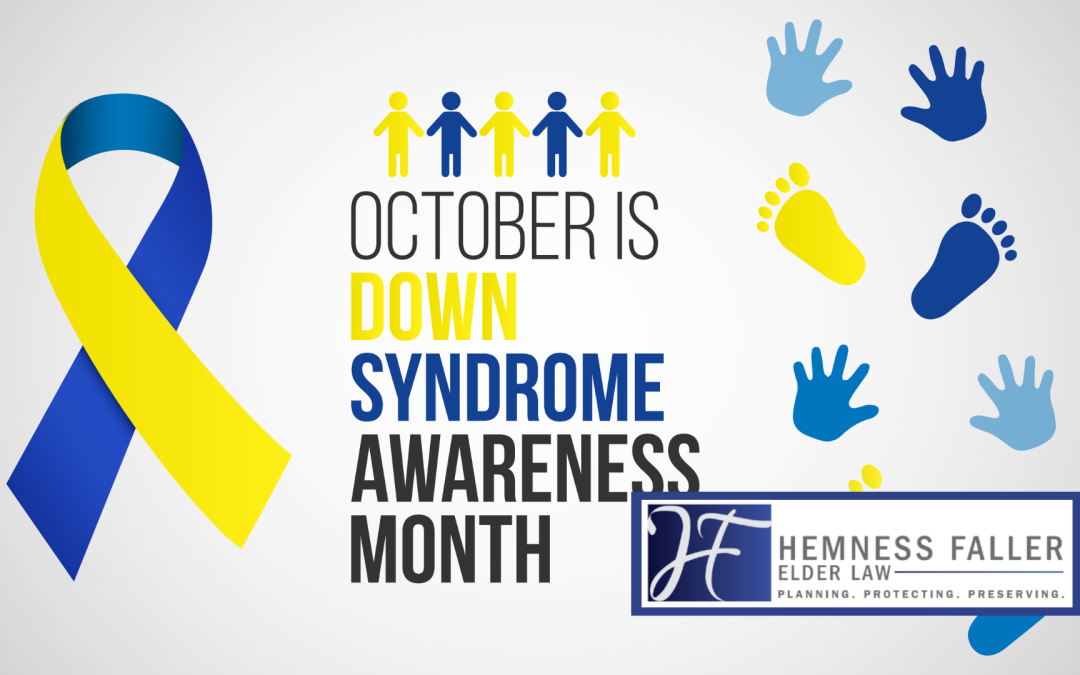Are you familiar with the term ‘guardian advocacy’?
In Florida, guardian advocacy is a process where family members or caregivers can obtain legal authority over an individual with a developmental disability. When it comes to guardian advocacy, however, do you know how to legally protect your developmentally disabled child? It can be overwhelming to accomplish this alone, especially as, when a child turns 18, his or her parents no longer have the authority to make decisions on his or her behalf. Having an attorney on your side, however, to advocate for both you and your child can help support you while you prepare to legally protect your child.
To help better inform you about this important process, let us share with you some information about whether or not an attorney should support you with guardian advocacy in Florida.
First, speaking with an experienced special needs attorney can help you understand the type of legal authority that being a guardian advocate provides you as a parent. These rights generally include the ability to make decisions about your child’s well-being, as well as the right to contract on behalf of your child. Depending on your child’s specific needs, you may choose to obtain certain rights over others.
Guardian advocacy can be a particularly challenging process, which is why we encourage you to lean on an experienced special needs attorney for assistance. Although there is no requirement to retain an attorney to seek guardian advocacy of your child, this does not mean that you will be able to navigate the guardian advocacy process efficiently or effectively. You may not, for example, foresee some of the challenges you may have with your child as he or she reaches adulthood or you may fail to ask to obtain certain rights over your child.
When it comes to guardian advocacy, no two situations are the same.
Discussing your unique needs with an experienced special needs attorney is one of the most effective ways to help ensure your developmentally disabled child remains legally protected once he or she turns 18 years old.
We know this article may raise more questions than it answers for you. If you have specific questions about guardian advocacy in Florida, do not wait to contact us so we can answer your questions about your unique legal needs. When you are ready to begin planning to protect your child, do not hesitate to schedule an appointment.






